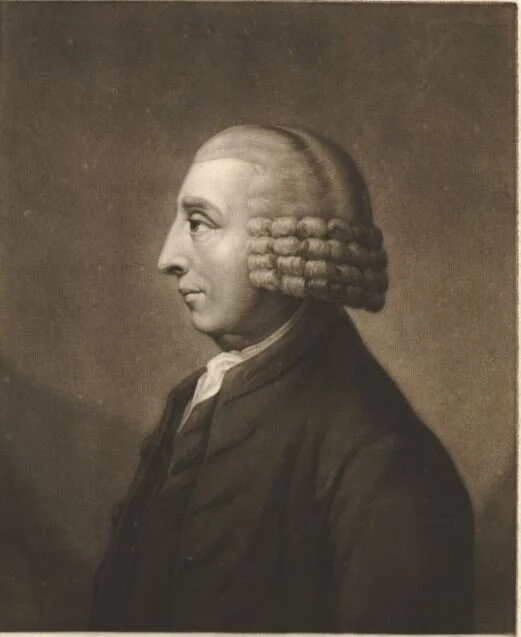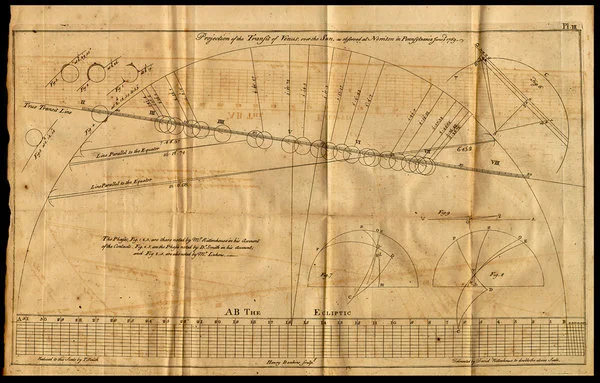David Barclay's Plan of Reconciliation
David Barclay was a Londoner who attempted to organize a compromise to settle the disputes between Great Britain and her North American Colonies.
David Barclay
David Barclay of Youngsbury inherited great wealth from his family.
Among the many assets that came his way, one was a bank that would bear his name: Barclay’s.
David furthered this company’s efforts, helping direct it towards the multinational empire it is today.
Barclay also held interest in a merchant operation.
It was in this capacity that he became a leading merchant opposed to Parliament’s tax changes in regard to the North American Colonies and helped voice concerns that led to an appeal of the Stamp Act.
Barclay’s Plan of Reconciliation
When disagreements between colonials and the Mother Country got hot again in the 1770’s David Barclay took the lead on working out a compromise of private citizens.
The small group he assembled included Benjamin Franklin, then acting as an agent for several colonies.
Barclay’s Plan of Reconciliation, as it came to be known, attempted to cool tempers by giving concessions to both parties. Notably, it recommended that the colonies pay for the tea which was dumped into Boston Harbor in exchange for the opportunity to pay for their own Judges and Governors.
While it might seem like the colonies would be paying for an awful lot in this deal, it should be remembered that one of their chief complaints was that Governors and Judges were paid by the King and therefore in his pocket. Having the colonists pay these offices would allow them to be controlled by the people.
Experiments in Abolition
Unfortunately, Barclay’s Plan of Reconciliation didn't work, ending his small role in the American Revolution.
David did go on to make some tremendous changes for abolition efforts.
He helped Quakers in London move Great Britain towards the elimination of slavery.
More impressively, when Barclay learned he acquired a plantation with 30 slaves in Jamaica, he sailed them for Pennsylvania, set them free, and had them educated on how to live as free people.
Want to read about other parts of the American Founding in the British Isles?
Check out these articles:
Future Signers in Edinburgh - The Persuasive Richard Stockton
Capturing Correspondence - Thomas Cushing and the Hutchinson Letters Affair
Benjamin Franklin spent a large portion of his life in England.
To learn more about the effect of London on his career, check out ‘Benjamin Franklin in London.”
If you’d like a precious copy for your very own you can through the Amazon affiliate link below (you’ll support this site, but don’t worry, Amazon pays me while your price stays the same).
Want to get fun American Revolution articles straight to your inbox every morning?
Subscribe to my email list here.
You can also support this site on Patreon by clicking here.






